Steve Nash
When thinking of underrated NBA players – “glue guys” who played significant roles on championship teams – guys like Cedric Maxwell, Robert Horry, or Michael Cooper are the types of people who might come to mind. But what about the players who are recognized as stars, or even superstars, but still don’t get their just due? Consider this list of extraordinary players, and how their achievements have left them somehow still underrated by most fans, and even the media…
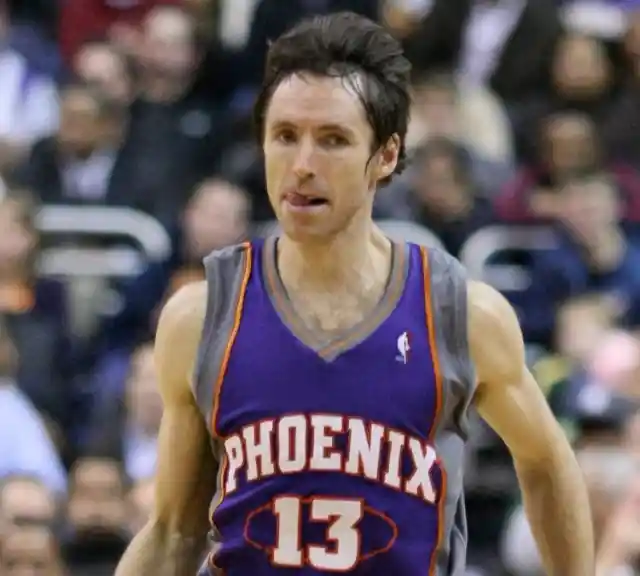
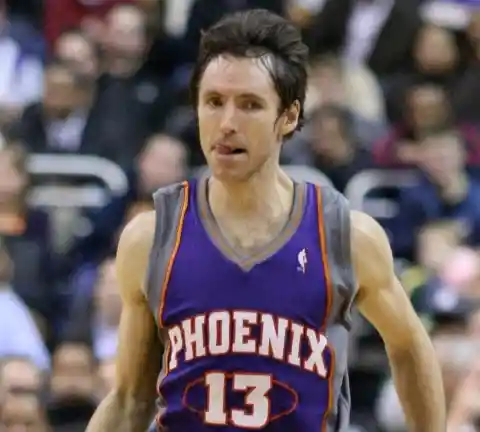
Steve Nash wasn’t recruited by any college except the one he ended up attending, Santa Clara University. While Nash didn’t necessarily look the part of a basketball assassin, his game told a completely different story. The former two-time league MVP earned three consecutive berths on the All-NBA first team, and seven ALL-NBA team berths overall. Nash is also one of only two players in NBA history (the other being the legend himself, Larry Bird) to put up multiple 50-40-90 seasons – and he’s the only one to have done it four times.
Had Nash been in the league today, he’d be mentioned in every conversation with Steph Curry – and if you can dare think it, Nash might have been an even better shooter than Curry is, as painful as that is for today’s fans to acknowledge. Don’t believe it? Go look at the numbers.
James Worthy
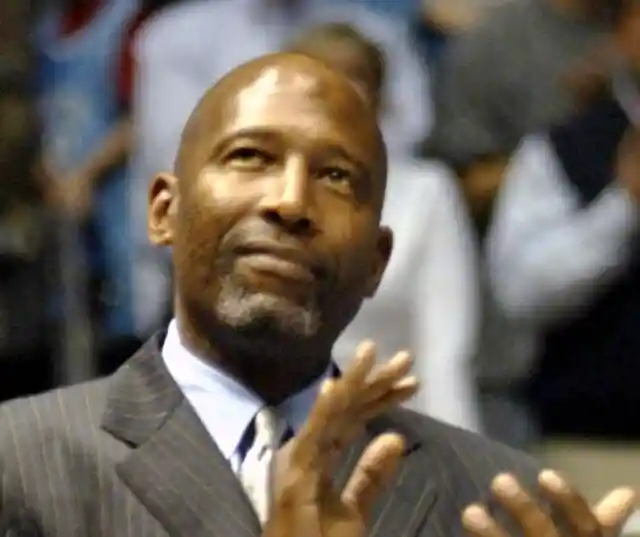
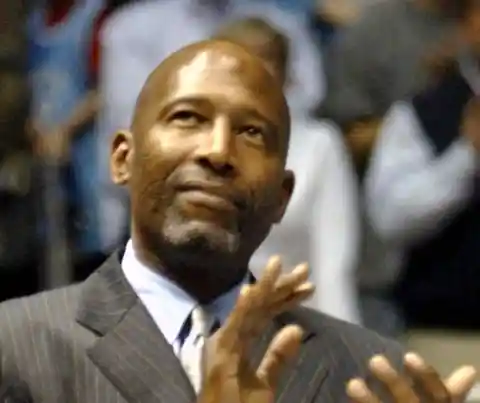
It’s hard to call a former college basketball player of the year, a seven-time NBA All-Star, a former #1 overall draft pick, a former finals MVP, and one of the 50 greatest players to ever take the floor in the NBA underrated – but does James Worthy ever really get the recognition he deserves? Everyone remembers Michael Jordan as the hero of the 1982 NCAA championship game, but did you know that James Worthy dropped 28 points in that game?
When you think of the Showtime-era Lakers, you immediately think of Magic and Kareem. But James Worthy was the guy filling the breaks, and finishing them with highlight-reel dunks. He averaged 17.6 points per game for his career, as mostly a third scoring option, and a career-high 21.4 points per game in 1991, to help the Lakers get back to the finals after Kareem’s retirement.
Dominique Wilkins
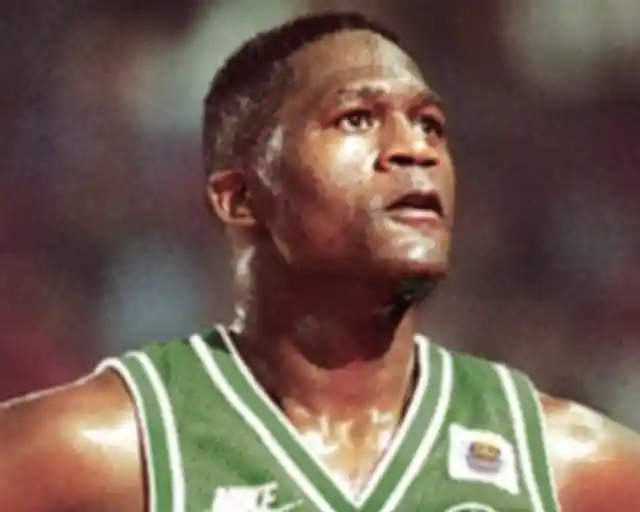
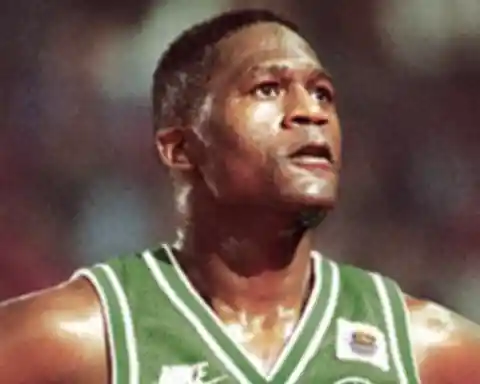
We’re living in an era where players are measured by their number of ‘ships, for better or for worse. How important is it exactly to carry your team deep into the playoffs, and to win an NBA championship? Consider the fact that Dominique Wilkins averaged 25+ points per game for 10 straight years, but still wasn’t selected to play on the original Dream Team, nor was he included on the 50 Greatest Players list in 1996.
As a form of punishment for his extraordinary athleticism, Wilkins was typecast solely as a great dunker, instead of being appreciated for the all-around talent he was. He came back from a torn Achilles to actually exceed his production from prior to the injury, as he averaged 29.9 points per game, and improved his three-point shooting by over nine percent. If not for Larry Bird being at the height his powers, ‘Nique would have been named league MVP in 1986.
Horace Grant
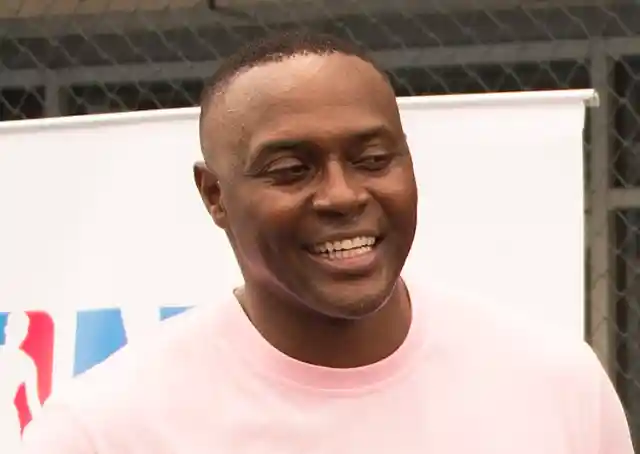

If people think Scottie Pippen lived in Michael Jordan’s shadow during the Bulls’ first three-peat run, where does that leave Horace Grant? The goggle-wearing forward’s contributions to those first three Bulls’ titles were immeasurable, and it’s safe to say that the team wouldn’t have won nearly as many games without him.
Grant was named an All-Star only once during his career, and it was the lone season that he played for the Bulls without Michael Jordan. Who’s to say how much more recognition he could have gotten had he been on a team where he was more prominently featured in the offense.
Grant Hill
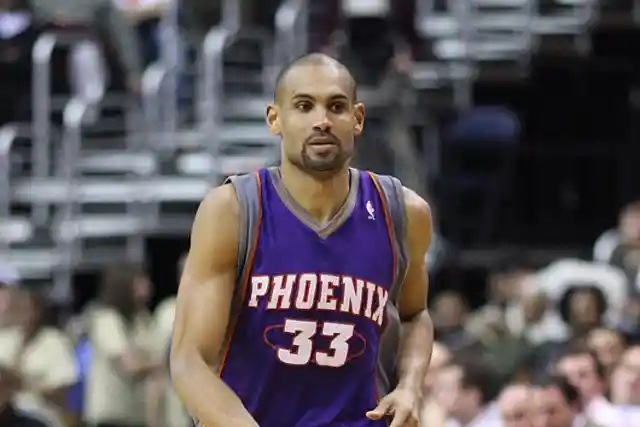
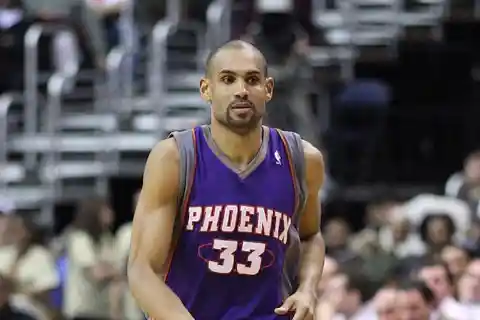
There are pundits who consider Grant Hill an injury-prone bust, or at the very least, a what-could-have-been. Before suffering that career-altering injury at the tail-end of his sixth season in the league, Hill put up 9,300+ points, 3,400+ rebounds, and 2,700+ assists, joining Oscar Robertson, Larry Bird, and Lebron James as the only players to amass those numbers through their first six seasons in the league.
Grant Hill was in many ways Lebron James before Lebron James, and also had a standout college career at Duke. Hill went on to play 19 seasons in the NBA, and was inducted into the Naismith Memorial Hall of Fame in 2018. Yet somehow, the focus has remained on what was lost, not what was actually achieved.
Joe Dumars
Joe Dumars is largely considered one of the ‘others,’ as Shaquille O’Neal likes to call a championship contender’s role players. This, despite the fact that he helped lead the Pistons to three straight finals appearances from 1988-1990, and when the team won its first championship in 1989, it was Dumars, not Isaiah Thomas, who was named finals’ MVP.
Dumars was voted first-team all-defense on four separate occasions (with one second-team selection), made three All-NBA teams (including a second-team nod in 1993), and Michael Jordan has called him one of the two best defenders he’s ever faced. That’s a pretty good resume for a guy who seemingly flew under the radar.
Bernard King
Anytime you’re talking about ‘what-could-have-been’ type of players, Bernard King’s name is going to come up. The ease with which this man scored was unparalleled. Yet for many fans, the lasting image of Bernard King is one of him hobbling up and down the court with bionic-looking knee braces strapped to his body.
Despite the knee problems he suffered from, he still somehow put together a 14-year career, made up of 19,000 points, the 1985 scoring title (32.9 points-per-game), four NBA All-Star game appearances, and two All-NBA first-team appearances (with another second-team and third-team nod as well). With all of this said, King is largely forgotten when discussions of the greatest scorers of all time come up – an omission that’s simply a gross oversight.
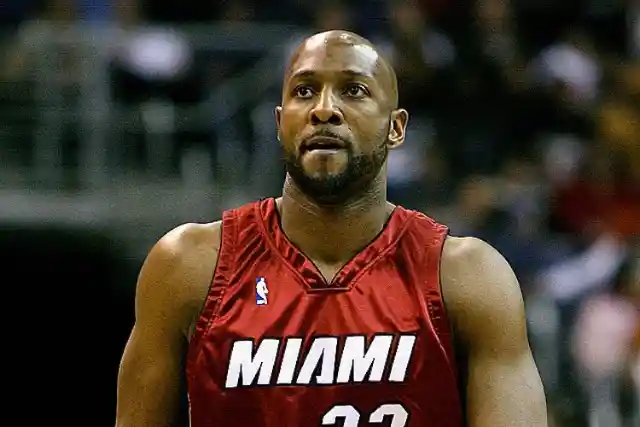
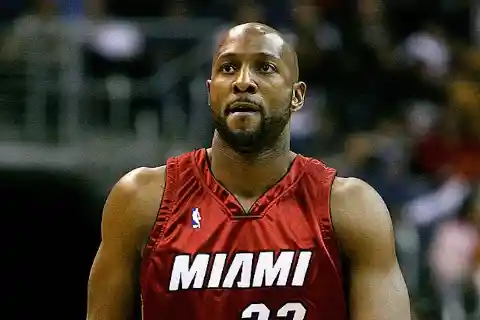
Alonzo Mourning
Alonzo Mourning offered critical contributions off the bench during the Miami Heat’s 2006 march to the NBA championship. Fans who watched that playoff run might believe that Mourning was no more than a valuable role player, and if so, it’s only because they either forget – or are too young to remember – that he was once arguably the most dominant defensive player in the league, and no slouch on offense, either.
Mourning discovered that he was suffering from kidney disease in late-2000, but continued to play in the NBA despite his diagnosis. Eventually, however, he required a kidney transplant – which he received in 2003. Prior to these issues, Mourning was a perennial 20-10 guy and averaged over three blocks per game (he averaged almost four blocks per game in both 1999 and 2000). One could also argue that he put the final dagger in the Boston Celtics during the 1993 playoffs when his buzzer-beating shot eliminated them from the series. Kevin McHale retired after the season, and Robert Parish actually left Boston to join Mourning in Charlotte the following offseason.
Chris Webber
Chris Webber isn’t in the basketball hall of fame, despite being a former high school player of the year, leading Michigan to the NCAA championship game in his only two years at the school, being the #1 overall NBA draft pick in 1993, and subsequently winning Rookie of the Year that same season.
From there, he was voted to five All-Star teams, and five All-NBA teams, including the first team, in an era where he had to compete with the likes of frontcourt players such as Tim Duncan, Kevin Garnett, Dirk Nowitzki, Karl Malone, and Tracy McGrady.
Webber led his Kings to within a hair of the NBA finals, and probably an NBA title, in 2002. But thanks to Kobe Bryant, Shaquille O’Neal, and some questionable officiating, the Kings came up empty. And now Webber is perhaps most remembered for calling a timeout he didn’t have, during the 1993 NCAA championship game, as opposed to being one of the most versatile and talented big men the game has ever seen.